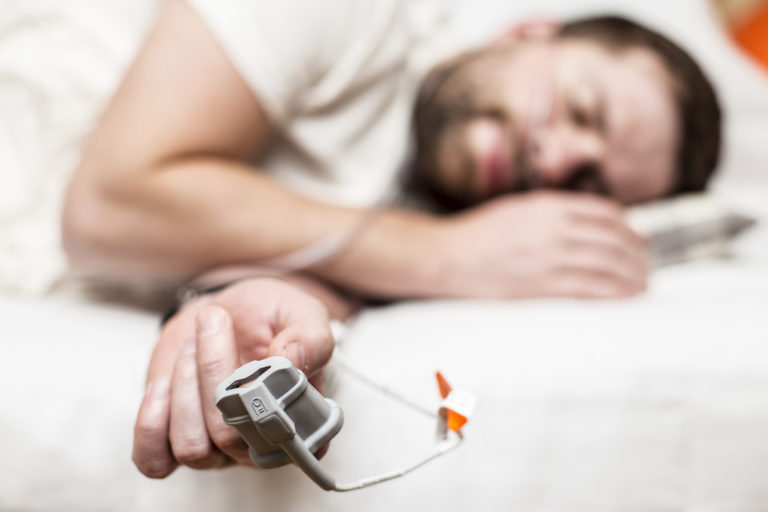Menopause is that time in a woman’s life when she stops menstruating and producing estrogen and progesterone. Medical experts have been sensitizing women on the need to prioritize mental and physical health. Self-care is essential for women to deal with the changes caused by menopause and has been a hot topic for discourse in recent years. On that note, we’ve provided four self-care tips to help you effectively manage the symptoms.
1. Cultivate healthy eating habits.


Medications can’t change some menopause symptoms and risk factors. Fortunately, good nutrition can help ease certain conditions that premenopausal and postmenopausal women face. That said, menopausal women need to make good food choices and pay attention to their dietary needs.
There’s no gainsaying that women’s diet is usually low in calcium and iron. During menopause, women should eat about 1,200 milligrams of calcium-rich foods and 8 milligrams of iron-rich foods a day. More so, increase your fiber intake to about 21 grams of fiber a day. Besides, a high dietary fiber intake reduces the risk of diabetes, constipation, irritable bowel syndrome (IBS), colon cancer, weight loss, and heart disease. Fiber also slows down the absorption of carbohydrates, which invariably improves blood sugar levels.
Fiber is of two types—soluble fiber and insoluble fiber—both found in whole foods. Some fiber-rich foods include cereals, pasta, whole-grain bread, oatmeal, vegetables, peas, carrots, barley, fresh fruits, and rice. Moreover, you can opt for a menopause fiber supplement like a prebiotic. As a general rule, make sure you drink plenty of water. Water helps to regulate your body temperature and reduce symptoms like dryness and bloating. Also, try to reduce your alcohol intake as it triggers hot flashes in some women.
2. Visit the spa regularly.


During menopause, women tend to have lots of hot flushes. More so, many things tend to change; your body shape, skin, and taste pattern. Menopause symptoms can significantly impact your health, wellbeing, and relationships. The good thing is that regular exercises and rest coupled with a healthy diet can help ease these symptoms.
One way to relax your body is to book a de-stressing treatment at the spa. Thankfully, several spas offer wellness packages that have been tailored with diet analysis and lifestyle. Moreover, the best day spa package should have tailored menopause breaks or menopausal skincare.
Before you go in for any treatment, make sure you inform your spa about your unique needs. Say, for instance, you require a cool treatment bed; your spa can always organize it before you arrive. Additionally, the spa attendant can advise you on the best treatments, such as facials or a deep tissue massage.
3. Consult an OB/GYN or women’s health specialist.


For most women, seeing a specialist isn’t necessary when going through menopause. However, when menopause symptoms like depression, anxiety, hot flushes, sexual dysfunction, and insomnia are too much, they can make life unbearable. It would help if you saw a doctor before things get out of hand.
Not every OB/GYN or women’s health specialist is trained to manage menopausal symptoms. That’s why you need to consult one that specializes in menopause management. A menopause practitioner can help you manage and ease those symptoms. More so, the doctor can prescribe medications and treatments like nutritional supplements, antidepressants, and hormone replacement therapy (HRT) to improve your quality of life. You see, women experience menopause differently, so what works for your friend may not work for you.
4. Get enough sleep.


Menopause is a natural phenomenon that signals the end of a woman’s reproductive years. Sadly, menopause symptoms can disrupt the woman’s sleep pattern, which could cause some sleep-related problems and excess sweating. A significant proportion of women experience difficulty sleeping at night and daytime drowsiness. One way to treat sleep problems linked to menopause is to manage the symptoms. For instance, hormone replacement therapy (HRT) helps to ease insomnia.
You can also take antidepressants and medications that enhance sleep quality. In addition to medication, wear loose clothing, and keep your bedroom well-ventilated. Additionally, try to maintain a regular sleep schedule and exercise right before bedtime.





